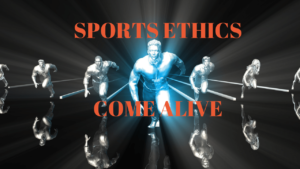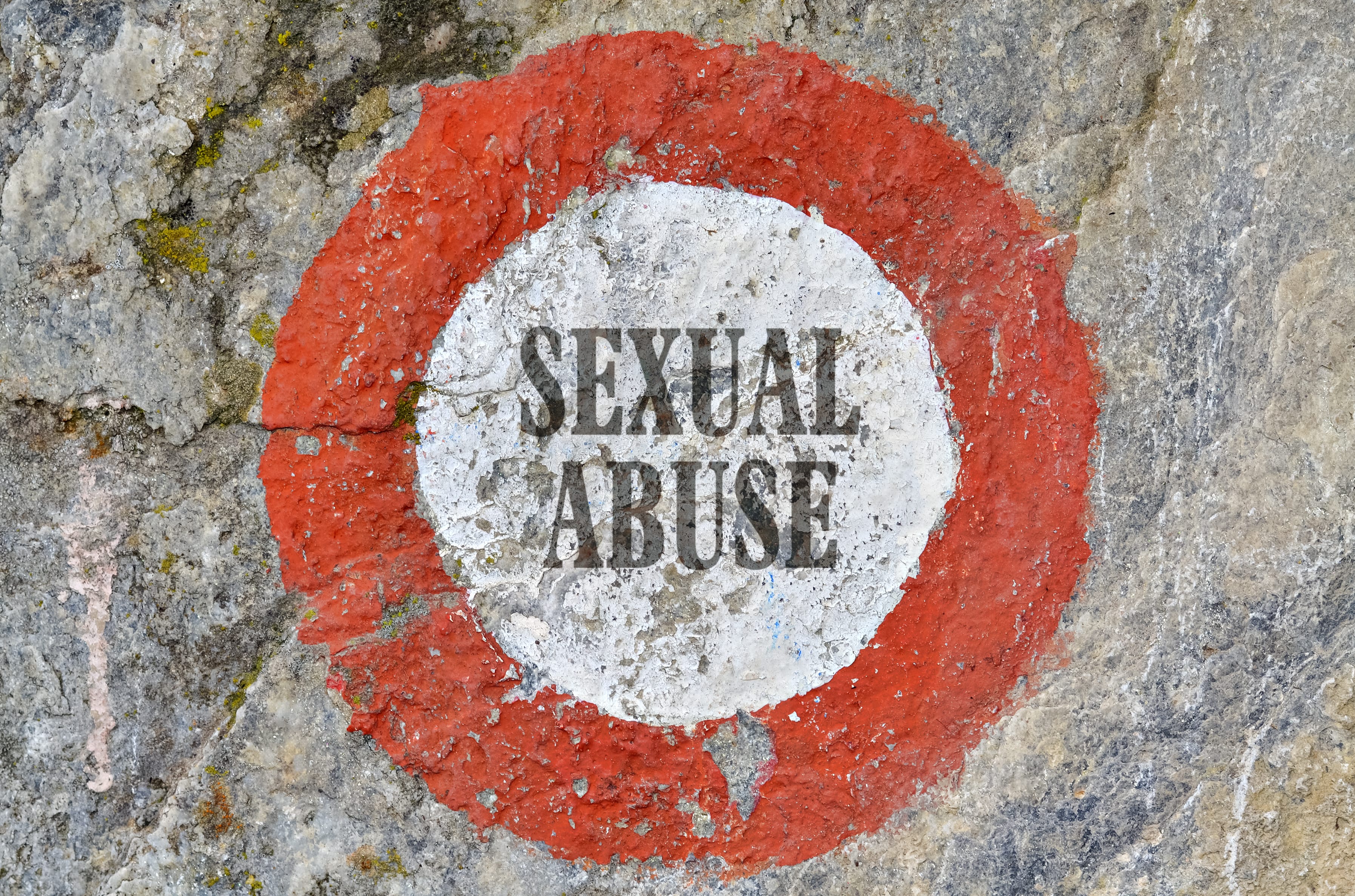It doesn’t take a blog post to let you know that sports are big business. And as the stakes get higher, the business gets bigger. Big time (actually, even ‘small time’) collegiate programs have huge pressures to perform and this is where sports ethics come alive.
 Unfortunately, it is the collegiate athlete most often caught in the middle. I am well aware of the arguments that call athletes ungrateful; outsiders often feel that “Well, they’re getting an education, that’s more than enough.” It is an unethical argument. In today’s business climate, athletes are used as much as the law allows and if – and when – they’re injured, they can get “used up” and quickly tossed on the trash heap. As it is unfolding, the word “used” may be truer than we imagine. That’s where sports ethics come alive in real terms.
Unfortunately, it is the collegiate athlete most often caught in the middle. I am well aware of the arguments that call athletes ungrateful; outsiders often feel that “Well, they’re getting an education, that’s more than enough.” It is an unethical argument. In today’s business climate, athletes are used as much as the law allows and if – and when – they’re injured, they can get “used up” and quickly tossed on the trash heap. As it is unfolding, the word “used” may be truer than we imagine. That’s where sports ethics come alive in real terms.
Sports Ethics Come Alive – The Arm Twist
A major survey has just been concluded by the Intercollegiate Council for Sports Medicine of 1,800 athletics trainers at colleges across the country.
Only 42 percent of the trainers represented Division I universities, which are at the highest level of collegiate sports, with the remainder from Division II and III schools. generally larger and more affluent than their peers.
Of the trainers surveyed, a little more than 75 percent of them claimed in response to the survey that they had “unchallengeable authority to determine medical management of athletes.” Unchallengeable? If sports ethics come alive is any thing unchallengeable?
This is a “good thing,” for it implied that they are independent and generally know what is best for the injured athletes they are treating. However, the study revealed a rather disturbing set of trends.
The first troubling finding was that in one out of five of the responses, trainers found that despite warning against it, coaches played an athlete that a trainer advised was medically ineligible. Therefore, in about 20 percent of the cases, athletes were playing who had no business playing. Taking a step back, we intuitively know that playing with a serious injury does not make it better, only exacerbates the problem.
When Sports Ethics Come Alive Who Has the Say?
The report strongly recommended that “In the interest of the health and welfare of collegiate student-athletes, a student-athlete healthcare provider must have clear authority for student-athlete care.”
Yet again, in the confidential responses, the trainers reported that barely under half of the cases the trainers reported that “institutions were not completely following the NCAA guidelines.”
There were no written policies in place about who to play – or not. There were no models of what an injured player could and could not do.
Of about 500 trainers who claimed of “arm twisting” by coaches, nearly 30 percent it happened to them at least twice a month. In fact, some of the responders said the “harassment” to speed a player’s recovery could occur every day. This is a clear example where we can say – Sports Ethics Come Alive – NOT!
Tory Lindley, the trainer’s association president said (my italics):
“It is absolutely appropriate and expected for coaches as well as other relevant athletic personnel to ask questions. What is not acceptable is when the inquiry is laced with an expectation to influence, dictate, coerce or challenge the athletic trainer’s autonomous authority to make medical decisions in the sole interest of student-athlete health and wellbeing.”
Going back to my original statement, what happens when an athlete (perhaps your child, or a friend, etc.) has an injury declared by the trainer to be serious and then overridden by the coaching staff?
The Lack of Oversight
It comes to oversight. Who ultimately should have control of the medical welfare of an athlete? The untrained coaching staff or the medical staff on the field?
I can well understand the coach’s motivation; to get “the body” back on the field as quickly as possible versus the training staff who are fearful that the injury will get worse – or lead to catastrophic results.
The “free education” part is a misnomer. For a lot of D-I athletes in big-time programs, the game plan is the game. Many never finish their degrees due to the demands of the training. It is a fact of life. If their careers are wiped out due to the carelessness of the coaching staff, what then? Coaches might rationalize that the athlete had a shot to make it to a higher level, but is that about the athlete or the coach and the success of his or her program?
We need an ethical approach to this pressure and lack of oversight. So far, it’s not coming.
YOUR COMMENTS ARE WELCOME!


